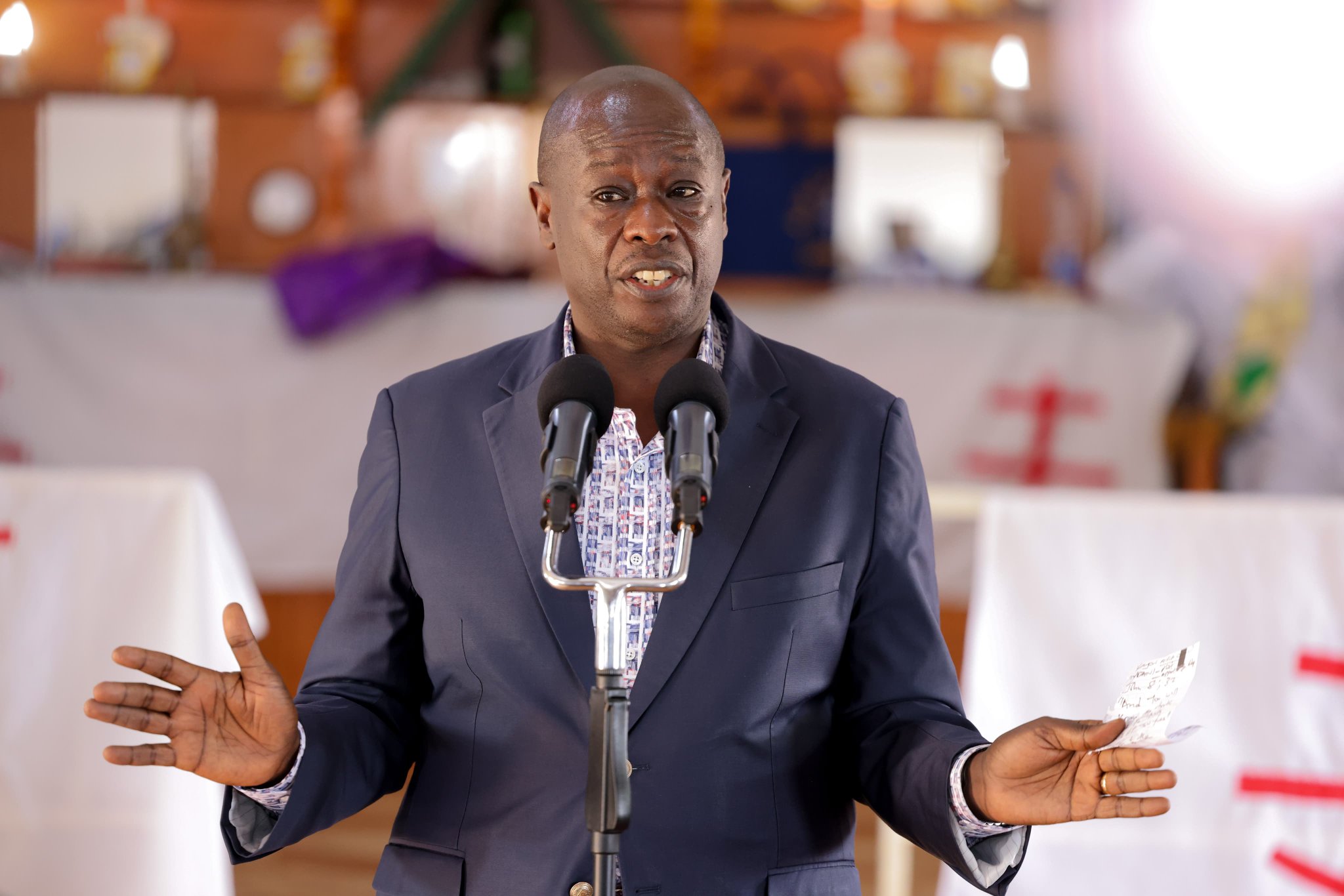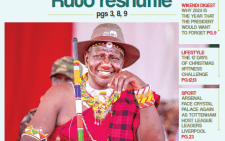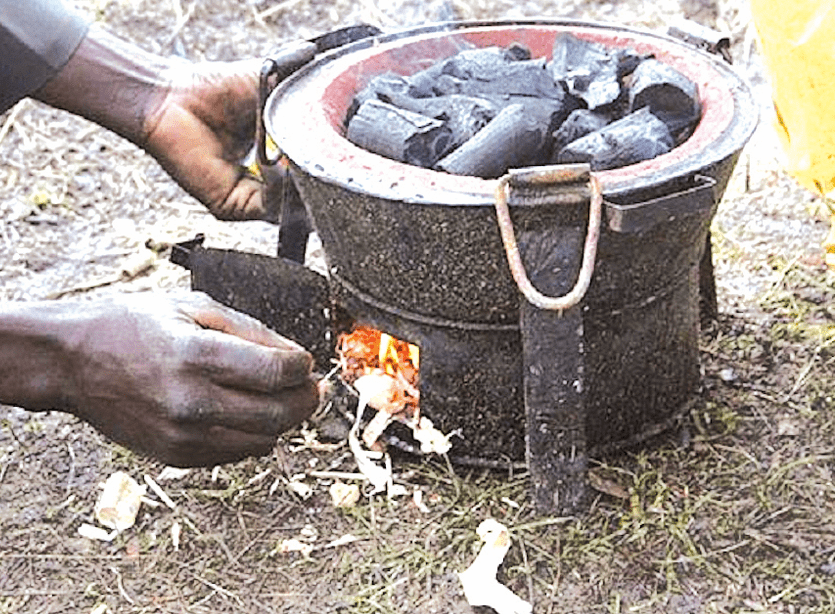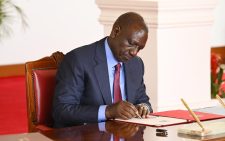Modern-day scribes need embrace Hilary Ngweno spirit
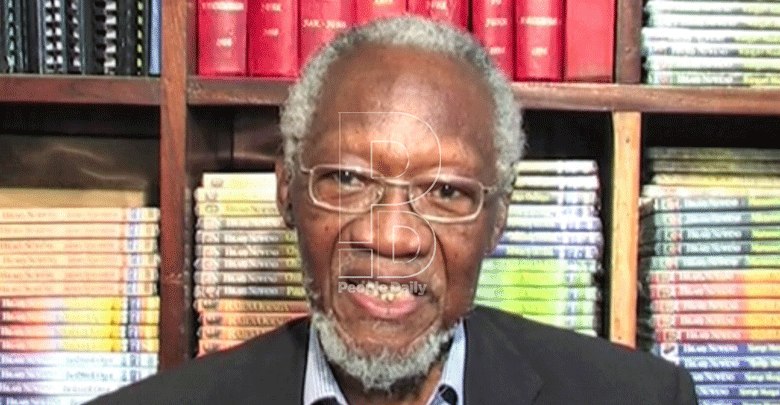
It was only the other day that journalists were mourning a veteran in the field-Philip Ochieng.
The drums of sorrow are hardly silent yet they have to be dusted and brought out again, this time to mourn Hilary Boniface Ngweno.
The two journalists could not have been more different even if their work overlapped in time.
While both were restless, but unlike Philip, Ngweno was a near unassuming scribe, creative, entrepreneurial at the core, innovative to a fault and certainly left footprints that will be difficult to walk into.
An editor’s editor for a quarter of a century; his restless fingers and innovative mind launched countless magazines, a daily newspaper, a television station and every one of them a pace setter in its genre.
He made many careers, many who moved on to rule the roost of the trade and some still do today.
He shaped opinion influencing policy formulation in the country including in media regulation.
Unlike many journalists who are a one purpose vehicle scribe, covering a single beat either in print or in electronic media, Ngweno dominated print media as if there was no other, then changed tact and made just as much impact in electronic journalism and content generation.
He set up one of the first private television stations in the county and got in trouble for all his efforts.
For Ngweno, he has been eulogised-journalism was not a mere vacation, but passion and a calling to which he gave his all.
He relegated maximisation of profit to focus on quality of his journalism, whether in news production or in the content he generated.
His documentaries on Kenyan history, featuring people who made a difference through their contribution to the evolution of the country, stands alone in terms of quality. Even in the sunset years of his career, Ngweno still made history.
Successful people in Kenya leave their life’s savings to their children to inherit or to fight over.
But Ngweno donated the treasure trove of his life’s work to Moi University, benefitting generations to come.
His gift to Moi University should set the university apart, as a pace setting centre for the study of media and the works of Ngweno, for the deceased editor is a rich subject for graduate studies.
Ngweno’s relevance is more than just the visible media products he put in the market such as Financial Review, Weekly Review, STV, Rainbow among others, but the embrace of incisive journalism, away from the typical humdrum reportage that is the stock in trade for many media houses. While most establish media houses for fame and money, Ngweno’s motivations were different.
He was indeed different. He was a man who simply saw himself as a Kenyan from Nairobi rather than actively trace his roots back to the village of his father’s birth, in a country where ethnicity rules.
It is that difference that the Kenyan media has missed since he moved on from active practice.
The nostalgia with which people still refer to his era is telling. The gap that Weekly Review left has been hard to fill even by his erstwhile lieutenants.
The question is why, since the Weekly Review folded up nearly a quarter of a century ago, this media market has not found a media outlet or journalists to fit into his shoes?
Yet it is never too late. His life has at least demonstrated what is possible. It is not necessary for this generation to replicate it, but like Ngweno they should seek to blaze new trails, and in this changing media environment, now visited by elements previously unknown, to be just as creative, innovative, entrepreneurial, and set a new bar for the practice of journalism in the country.
Journalism is not a discipline that serves its own sake but contributes to a better society.
The interment of Ngweno should not include the interment of his spirit, which must live on to see the emergence of even better journalism and a better society. —The writer is dean, School of Communication, Daystar University



